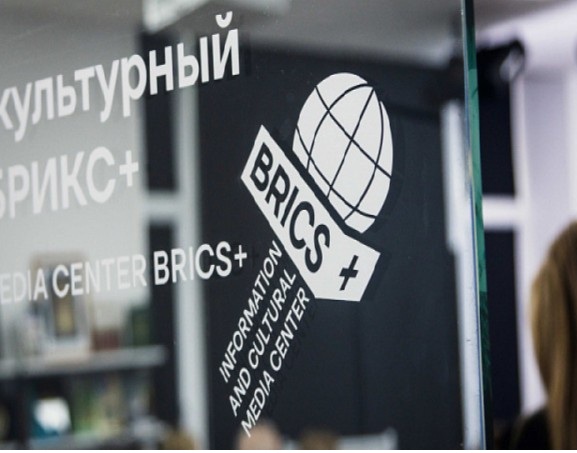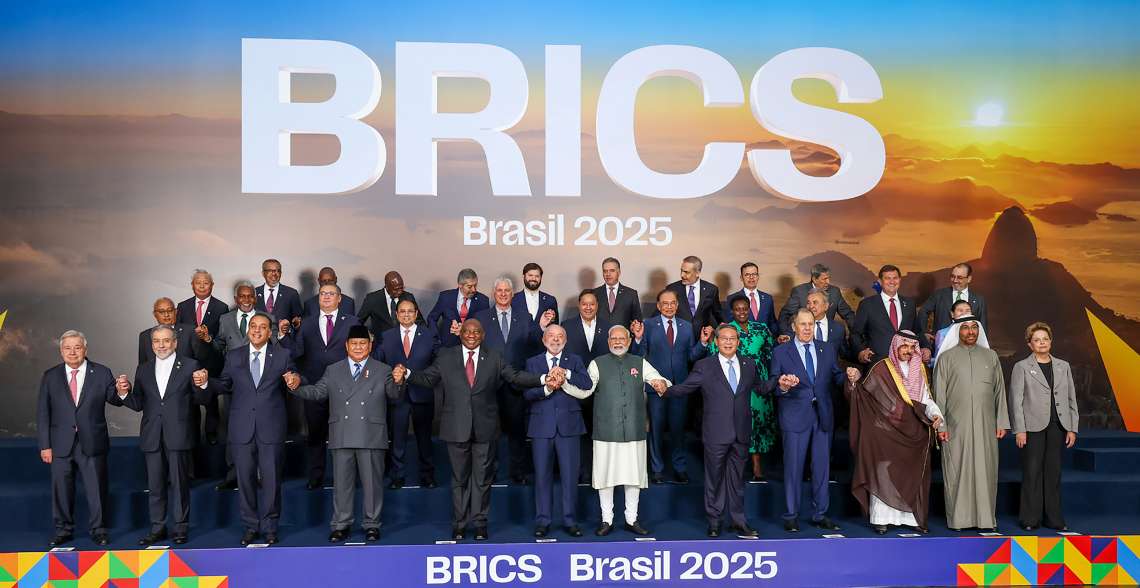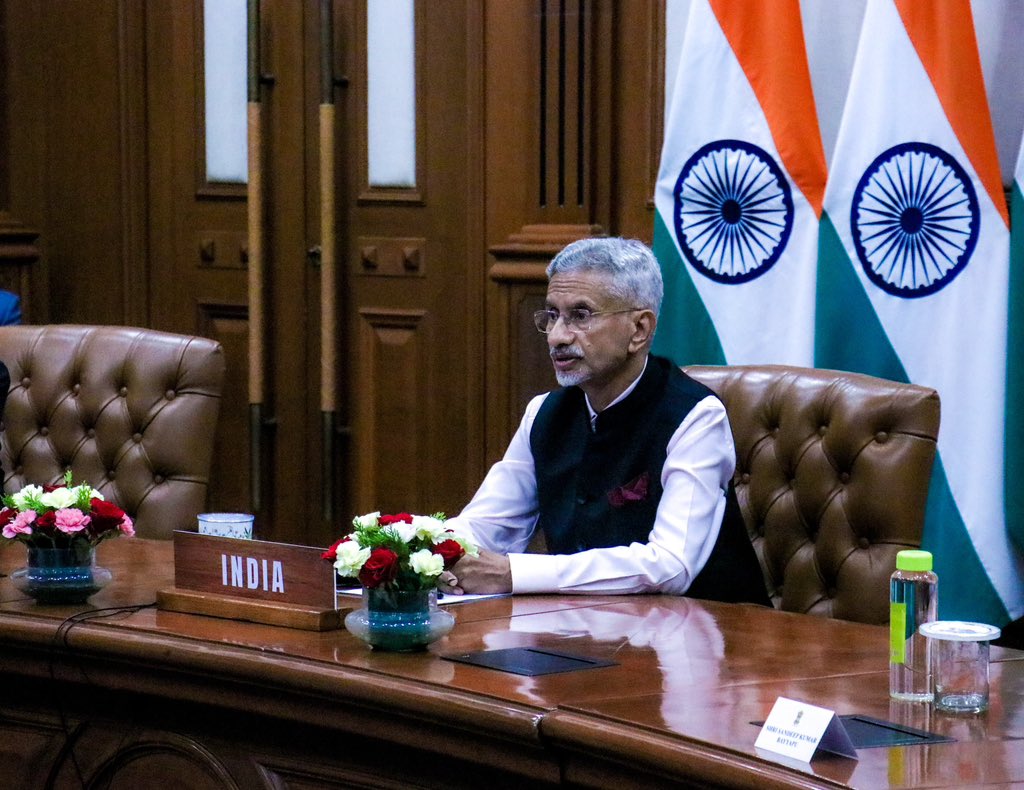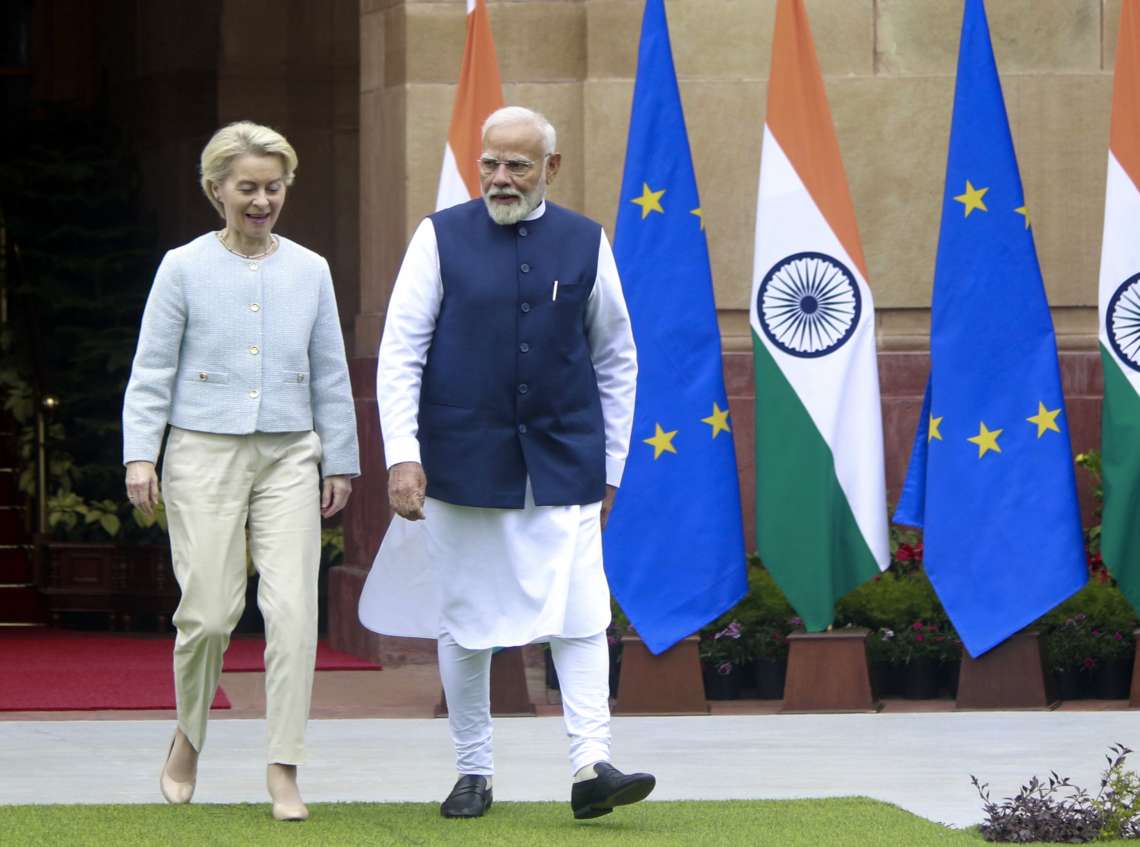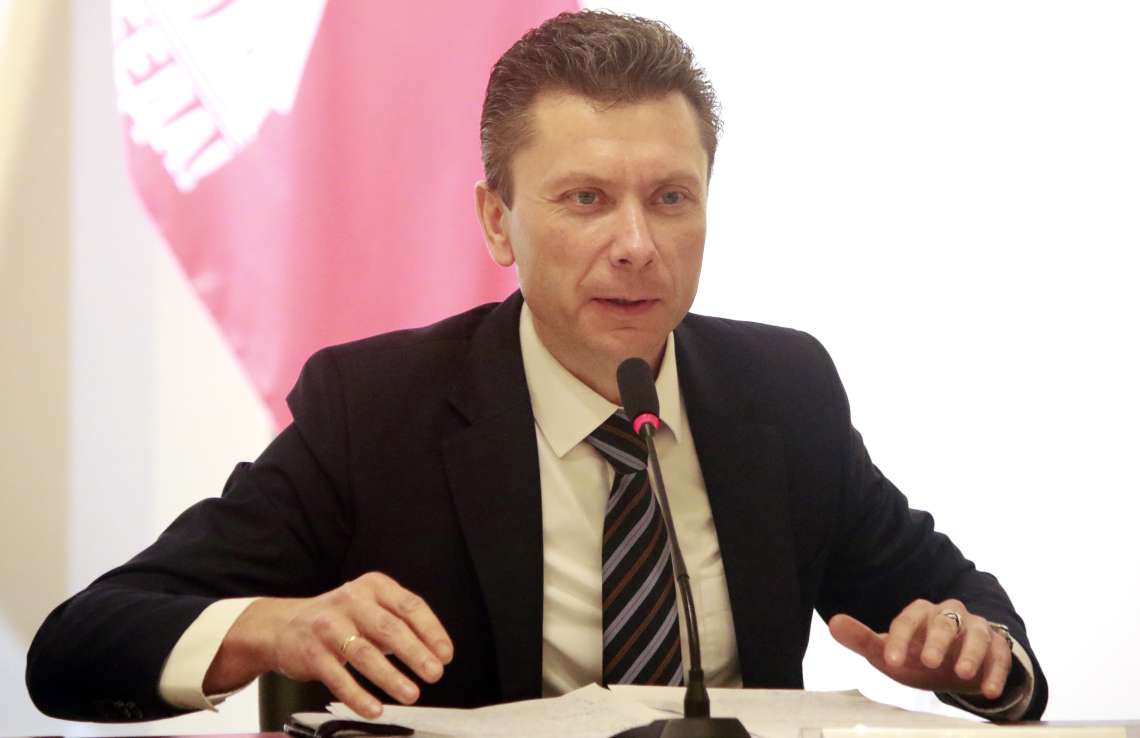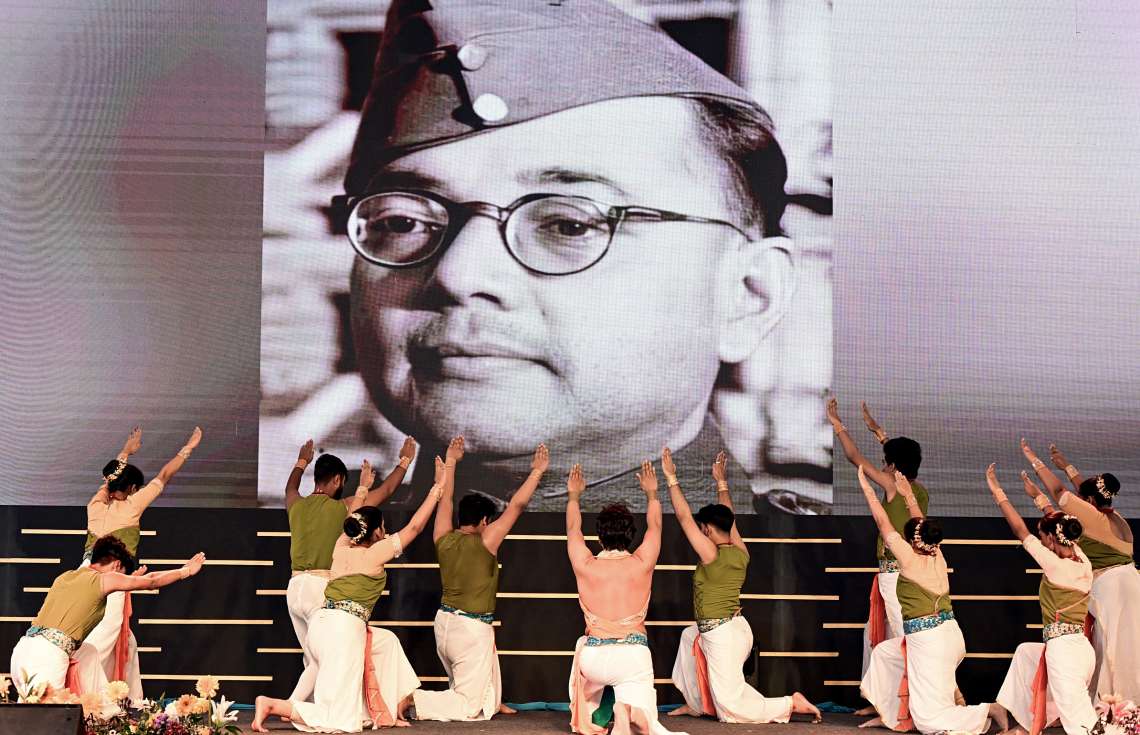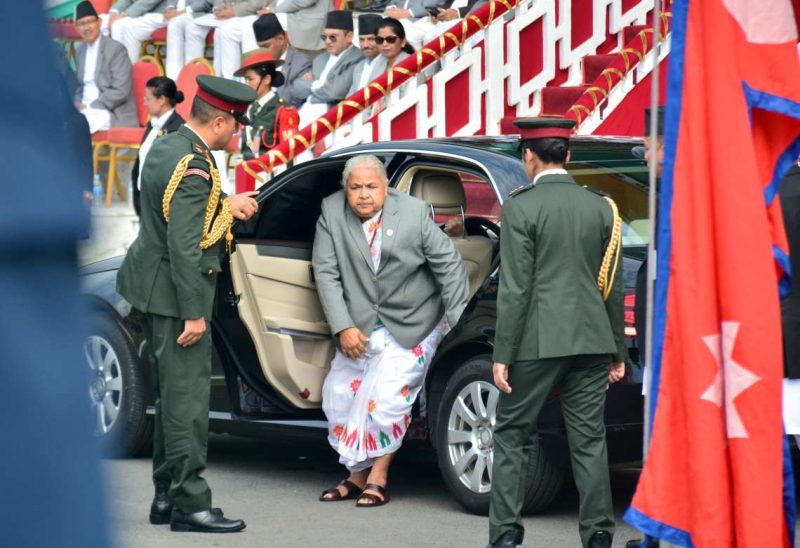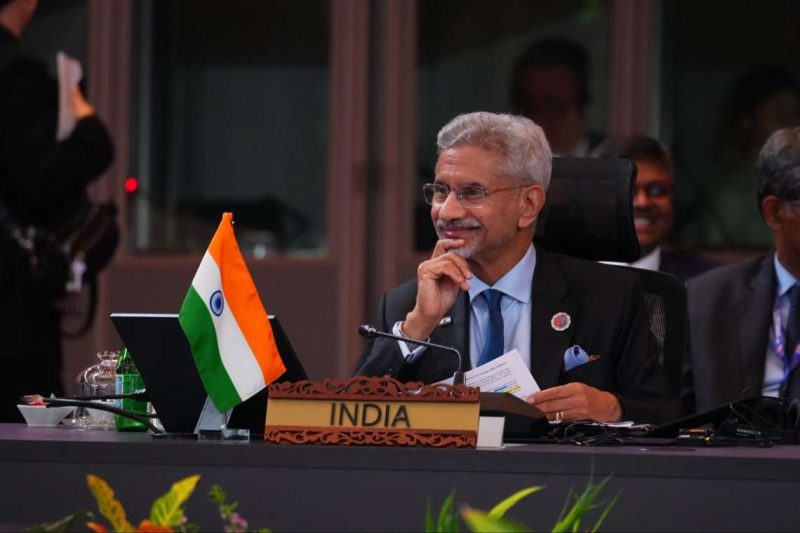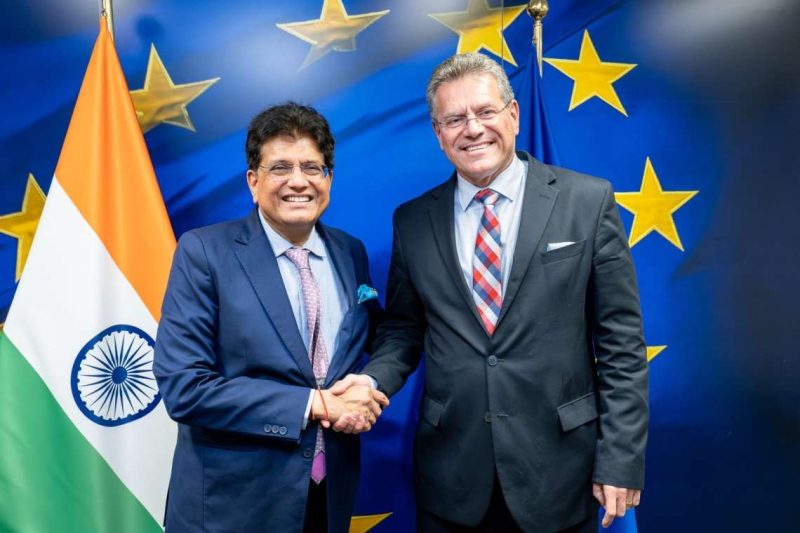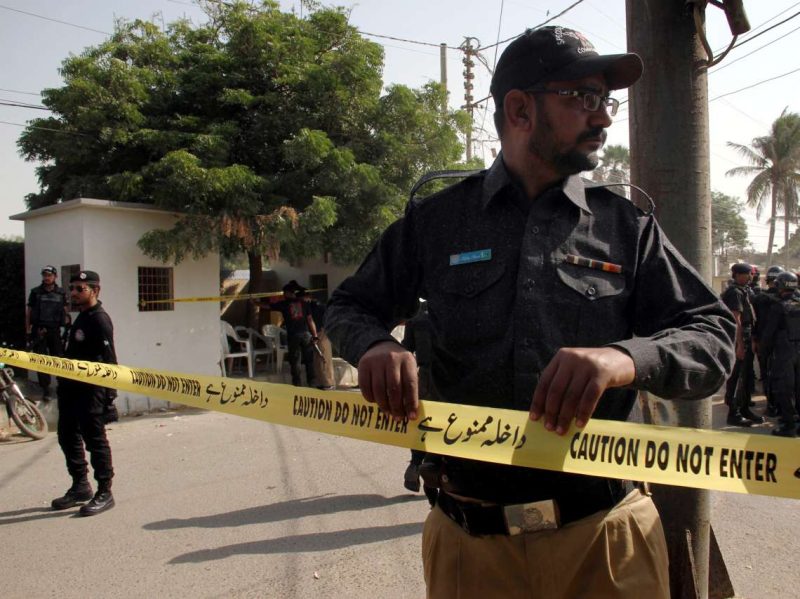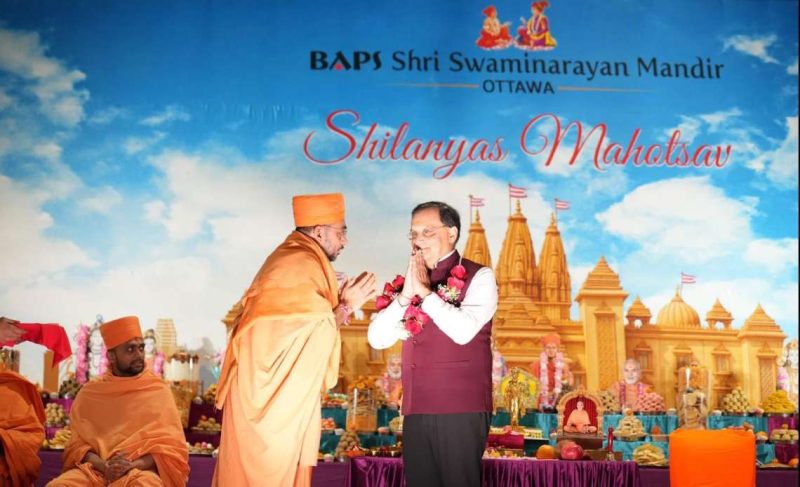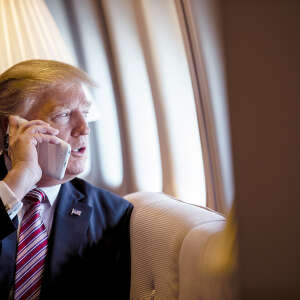Moscow is set to stage twin cultural showcases, with BRICS+ filmmakers at the Library’s Film Night and young theatre actors joining an expanded InteRussia fellowship for creative exchange….reports Asian Lite News
The All-Russian State Library for Foreign Literature named after MI Rudomino is preparing to turn into a hub of global storytelling as it gears up for the third annual All-Russian Film Night on 23 August. This year’s edition will present a hand-picked selection of documentaries from BRICS and BRICS+ nations, underscoring Russia’s growing emphasis on cultural diplomacy.
The films have been curated by the TV BRICS International Media Network, a long-standing partner of the library, which continues to play a pivotal role in promoting cultural exchange. The event will open with the premiere of Partitura—Young Music of Russia (Russia, 2025), directed by Ivan Zakharenko. The documentary captures the vibrancy of the 3rd All-Russian Competition for Young Composers while reflecting on how music functions as a universal language that bridges communities across borders.
Zakharenko noted that such screenings allow audiences to “better understand the cultural characteristics of each country through the prism of art and music.” He expressed hope that the annual showcase would expand into a regular platform for creative exchange among BRICS+ filmmakers.
The films have been curated by the TV BRICS International Media Network, a long-standing partner of the library, which continues to play a pivotal role in promoting cultural exchange.
The line-up reflects remarkable diversity, from Africa to the Caribbean to South Asia. Nigerian director Tochukwu Nwaiwu’s Discovering Ofala: Umudioka 2023 (2023) immerses viewers in the Igbo Ofala festival, where traditional leaders recognise community contributions. Cuban filmmaker Enrique Fumero brings Festival del Caribe. Fiesta del Fuego (2024), spotlighting Santiago de Cuba’s annual celebration of Caribbean heritage through music, dance and ritual.
India is represented by Therukoothu (2025), directed by student filmmaker Vijay Bhaskaran, which explores the centuries-old folk theatre tradition of South India. Known for its dramatic performances, elaborate costumes and deep cultural symbolism, the art form offers an immersive glimpse into the subcontinent’s grassroots creativity. The screenings are scheduled to run from 15:00 to 17:30 (GMT+3).
The initiative is closely linked to the BRICS+ Information and Cultural Media Centre, launched in 2024 by the library in partnership with TV BRICS. Organisers say the Centre continues to strengthen humanitarian ties and foster global dialogue not only in culture, but also in science and education.
Moscow’s cultural diplomacy efforts will continue beyond cinema. Just two days later, the Russian capital will host young theatre actors from across BRICS+ countries for an intensive training residency under the InteRussia fellowship programme. Running from 25 August to 3 October 2025, the programme is organised by the Gorchakov Public Diplomacy Fund, in collaboration with the Russian Institute of Theatre Arts (GITIS) and TV BRICS, and supported by the Presidential Grants Fund.
Participants from Argentina, Brazil, India, China, Cuba, Mauritania, Tunisia and South Africa will converge in Moscow to receive training in acting, stage movement, speech, and the Stanislavsky system. The six-week programme will also include lectures, guided visits to leading Moscow theatres and museums, and a culminating staged performance of excerpts from Alexander Ostrovsky’s classic The Storm.
Janna Tolstikova, CEO of TV BRICS, underlined the network’s role in broadening cooperation. “TV BRICS provides comprehensive support for major state and international projects aimed at strengthening humanitarian cooperation between BRICS+ countries. In 2025, more than 60 partner organisations in 15 countries engaged with our initiatives, and it is notable that the largest number of fellowship applications came from regions where our media campaign was active,” she said.
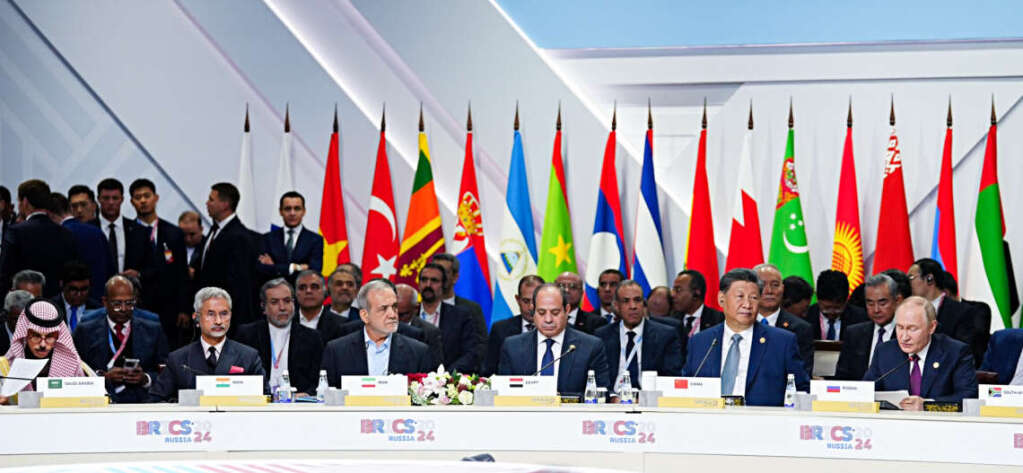
GITIS rector Grigory Zaslavsky emphasised that the programme has grown steadily since its inception in 2021. “A year ago, the fellowship united young actors from six countries through Stanislavsky’s theatrical language. This year, we expanded the programme from four to six weeks to deepen the experience,” he said.
By hosting both the film showcase and the theatre fellowship within days of each other, Moscow is positioning itself as a nexus of BRICS+ cultural dialogue. These initiatives reflect not only Russia’s determination to project soft power through the arts, but also the collective ambition of BRICS+ countries to strengthen bonds outside of traditional political and economic frameworks.


